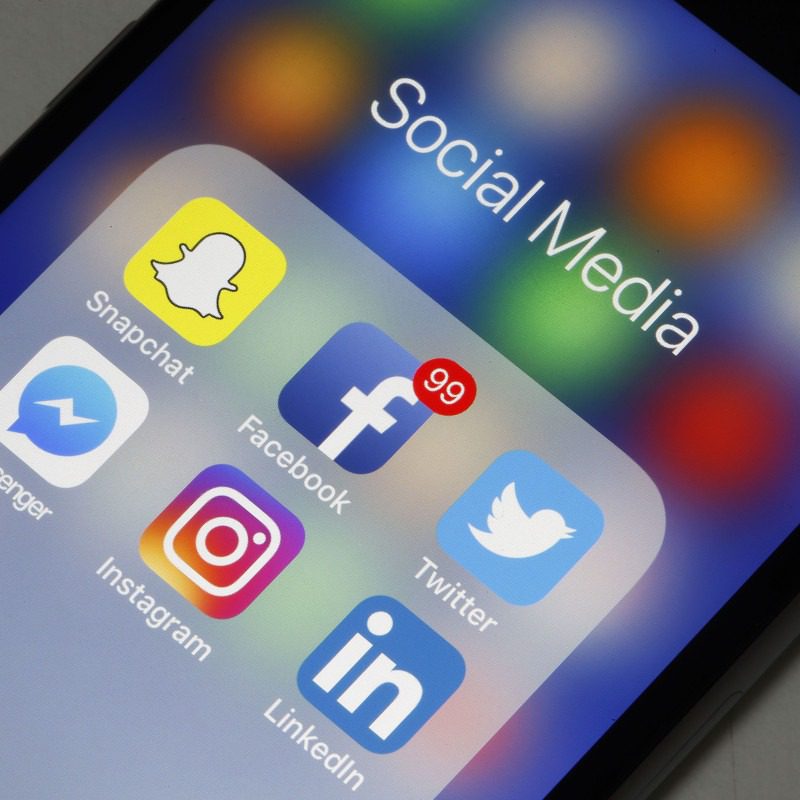
By Anastasia Adaeze
When was the last time you watched a live news broadcast? Or even sat through one to the very end?
In today’s digital age, it’s safe to say our phones have become the new televisions. Social media has revolutionised how Nigerians consume information, interact, and navigate the digital world. But while this transformation offers many advantages, it also comes with significant consequences—especially for education and news consumption.
The Allure of Social Media
Social media captivates us with its:
Accessibility: Smartphones make it easy to stay connected anytime, anywhere.
Interactivity: Real-time engagement fosters a sense of community and belonging.
Personalisation: Algorithms tailor content to our preferences, ensuring we see what resonates with us.
Shareability: Sharing news creates a feeling of participation, making users feel personally invested in the information.
Of course, Nigeria has experienced a surge in social media use. According to Hootsuite, over 33 million Nigerians were active on social platforms in 2022. Globally, 5.22 billion people—or nearly 64% of the population—used social media as of October 2024. And with smartphone and internet access continuing to expand, these numbers are only expected to grow.
The Dark Side of Social Media
While social media offers unprecedented access to information, it also has its pitfalls:
Information Overload
Social media is flooded with content, blurring the lines between fact and fiction. This often reduces critical thinking and engagement with in-depth educational material. The result? A worrying rise in misinformation and disinformation.
Soundbite Culture
Complex issues are often reduced to catchy slogans or hashtags. While attention-grabbing, this oversimplification discourages meaningful conversations and deeper understanding.
Echo Chambers
Algorithms often show users content that aligns with their views, isolating them from diverse perspectives. This reinforces biases and limits exposure to alternative opinions.
The Role of Traditional News in a Social Media Era
Despite social media’s dominance, traditional news outlets—like newspapers, radio, and television—remain critical for creating an informed citizenry.
Here’s why they still matter:
Credibility: Established outlets adhere to editorial standards and fact-checking, fostering trust in their reporting.
In-Depth Analysis: Traditional news delves beyond headlines, providing context and nuance to complex stories.
Accountability: Investigative journalism holds power to account, promoting transparency and safeguarding democracy.
Local Focus: Community-based reporting highlights local events and issues, fostering a sense of connection and belonging.
Striking the Right Balance
To navigate today’s fast-paced information landscape, we must balance the strengths of social media with the reliability of traditional news.
Here’s how:
Verify Information: Cross-check news from social media with reputable traditional sources for accuracy.
Diversify Your Sources: Follow a mix of news outlets, experts, and influencers for a well-rounded view.
Use Social Media Wisely: Follow credible news organisations to stay updated on breaking stories.
Set Boundaries: Limit social media use to avoid information overload and maintain a healthy balance.
Support Quality Journalism: Subscribe to or donate to trustworthy news outlets to promote ethical reporting.
By blending the immediacy of social media with the depth of traditional journalism, Nigerians can stay informed, critically engaged, and better equipped to navigate the complexities of today’s world.
Final Thoughts
Social media has transformed how Nigerians consume information, but it has also contributed to a decline in education and news engagement. While it offers accessibility and interactivity, the risks of misinformation, echo chambers, and oversimplification cannot be ignored.
The next time you see breaking news on your phone, pause before forming a conclusion. Cross-check the information with credible traditional sources like Valuechain TV News Update. By doing so, you protect your integrity and become a part of a more informed and thoughtful public discourse.

